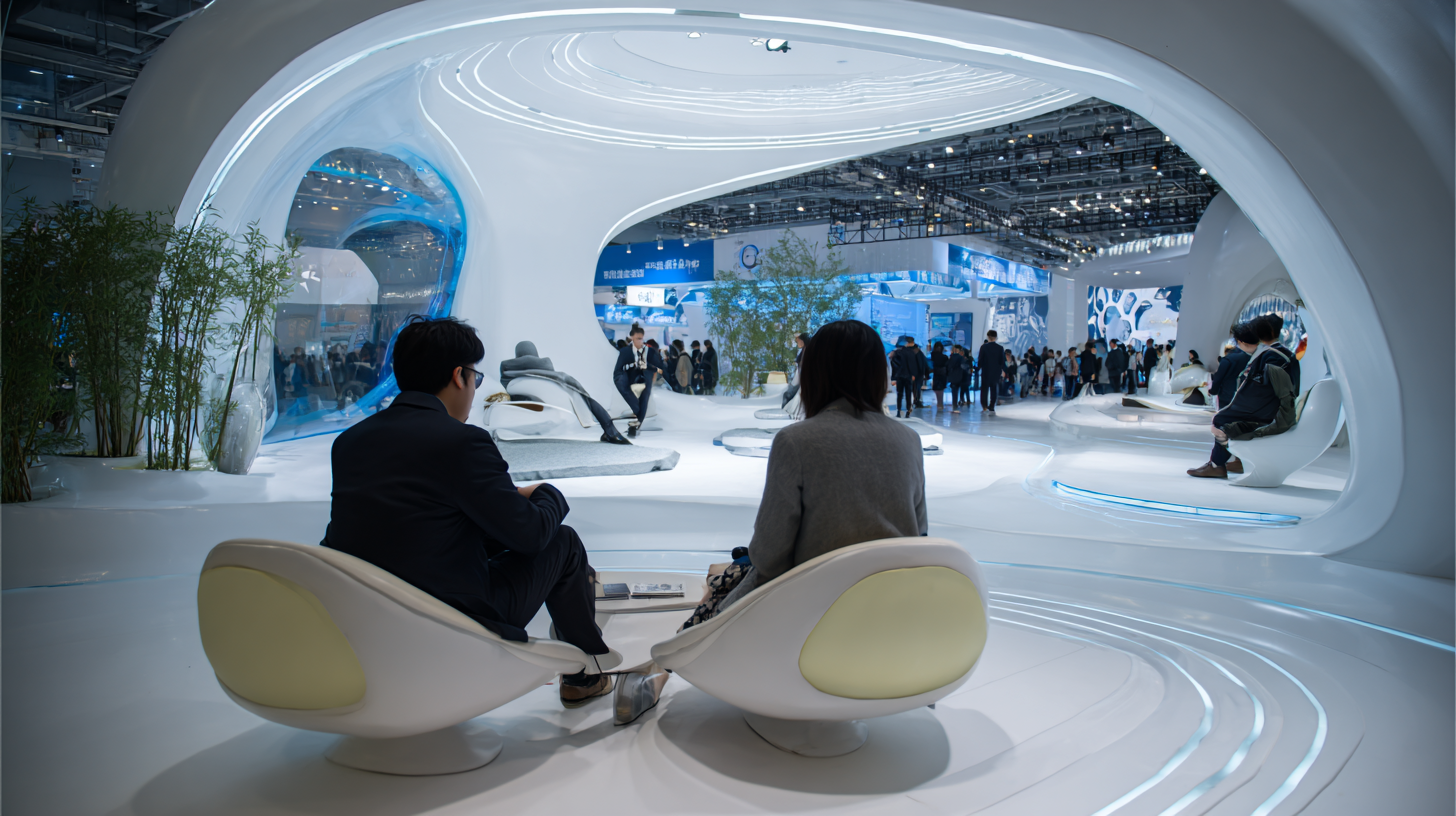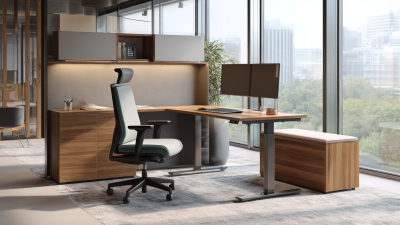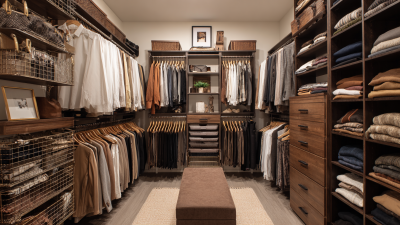As the 2025 China Import and Export Fair—marking the 138th edition of this significant event—approaches, a profound transformation in the realm of "Personal Space" innovations is anticipated. Recent reports from the Global Market Insights indicate that the personal space industry is projected to reach a valuation of over $300 billion by 2026, reflecting a compound annual growth rate (CAGR) of 12% from 2021 to 2026. This surge highlights the growing consumer demand for products and solutions that enhance individual comfort and privacy, especially in urban environments where space is limited.
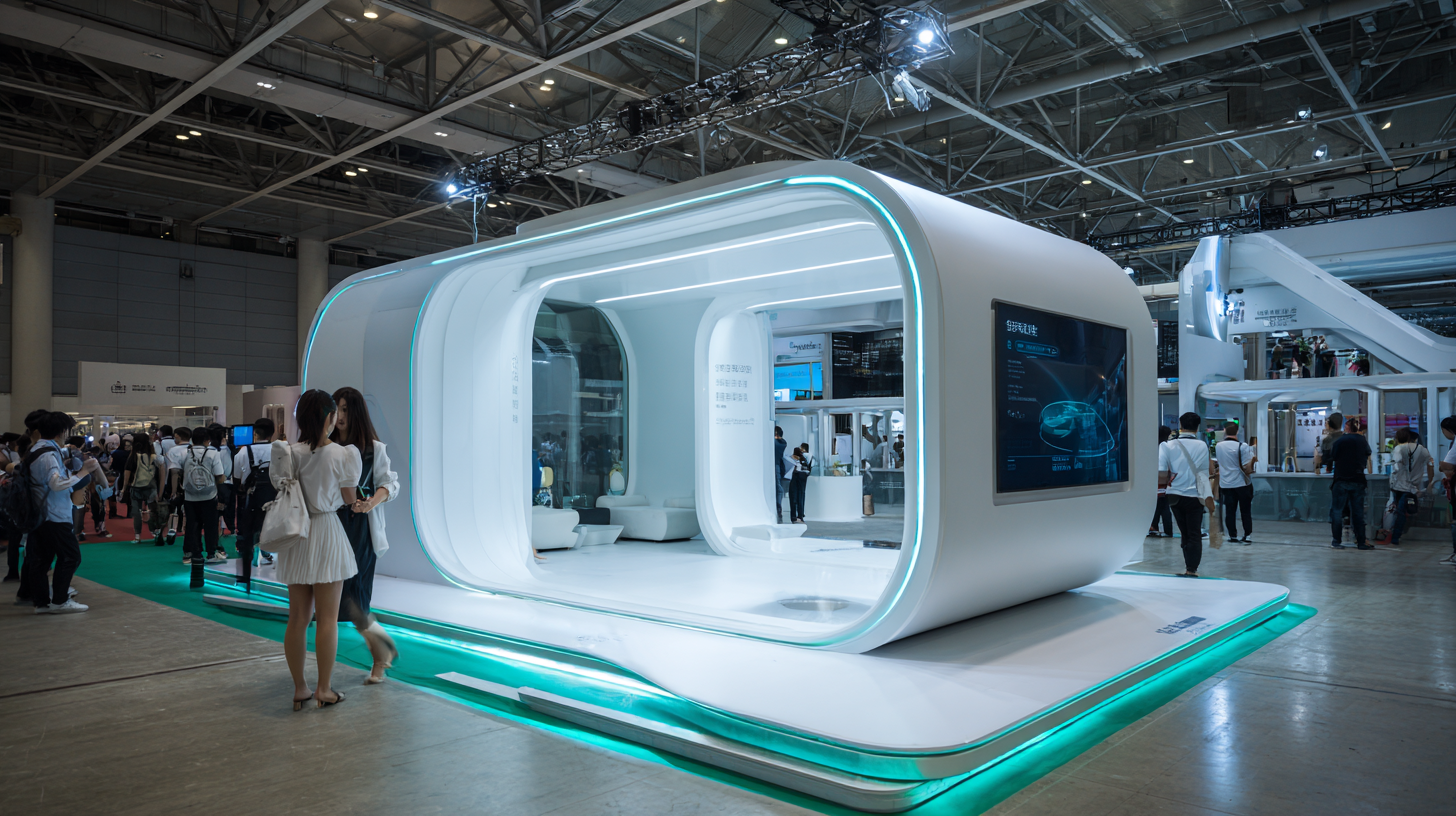
As manufacturers and innovators participate in this prestigious fair, they will showcase groundbreaking technologies, designs, and concepts aimed at refining personal space. This exploration not only aligns with emerging trends in smart living and sustainable environments but also emphasizes a cultural shift toward prioritizing individual well-being in modern society.
At the 2025 China Import and Export Fair, emerging technologies in personal space solutions are poised to take center stage, reflecting China's ascendance as a leader in innovation within advanced industries. The nation's significant strides in technological capabilities, particularly from its universities and domestic firms, have positioned it to unveil cutting-edge products that enhance personal space—ranging from smart home innovations to advanced sustainable living solutions. Reports indicate that by 2025, technologies that optimize personal environments are projected to see a market growth of over 15%, driven by rising consumer demands for comfort, safety, and environmental considerations.
Moreover, the advancements in personal space technologies coincide with broader trends in the aerospace and defense sectors, where operationalization of new technologies is expected to reshape various industries. This synergy of innovation establishes a fertile ground for creators at the fair to introduce solutions that not only improve the quality of individual experiences but also contribute to global sustainable development efforts. As the world navigates increasing complexities like digital sovereignty and economic challenges, the focus on personal space innovations will likely highlight the intersection of necessity and technological advancement, offering insights into a future that prioritizes both individual comfort and collective responsibility.
The landscape of personal space design is evolving rapidly, particularly highlighted at the 2025 China Import and Export Fair. As urbanization accelerates, the need for innovative designs that enhance personal space becomes crucial. According to a report by Statista, the global market for personal space solutions is projected to reach approximately $20 billion by 2026, fueled by increasing consumer awareness and demand for efficient living environments. Innovations in modular furniture and adaptive layouts are at the forefront, providing homeowners with the versatility to maximize their limited space.
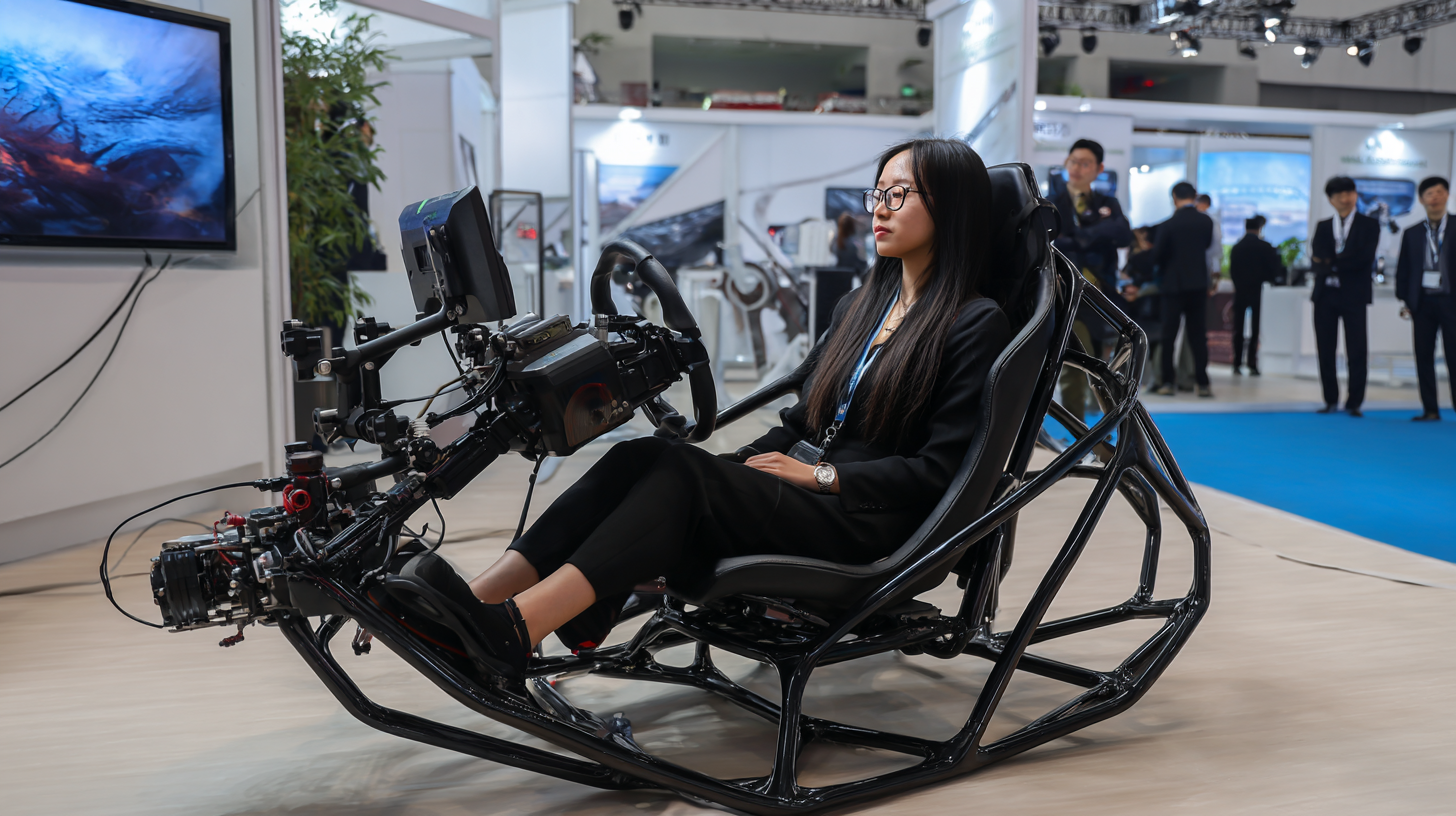
In this context, companies are integrating smart technology into their design concepts to create multifunctional and responsive living spaces. For instance, products that can transform from a compact workstation into a comfortable relaxation zone are becoming essential. A survey conducted by McKinsey shows that 75% of consumers are interested in furniture that adapts to their needs, underlining the importance of flexibility in personal space innovations. These advancements not only cater to aesthetic preferences but also respond to the growing trend of remote work and the desire for homes that function as both living and working environments.
At the 2025 China Import and Export Fair, sustainability took center stage, particularly in the realm of personal space innovations. Reports indicate that over 60% of consumers now prioritize eco-friendly products, pushing manufacturers to focus on sustainable materials and practices. This shift can be attributed to a growing awareness of environmental issues, where studies show that 75% of millennials are willing to pay more for green products. As personal space items like portable workstations and compact living solutions gain popularity, the demand for recyclable and biodegradable options grows alongside them.
To stay ahead in the market, brands are exploring cutting-edge sustainable technologies. For instance, the use of reclaimed wood and recycled plastics not only enhances product appeal but also significantly reduces the carbon footprint. A recent industry report highlighted that companies implementing sustainable practices in personal space innovations have seen a 30% increase in sales compared to those that have not.
**Tips:** When considering personal space products, look for certifications that prove sustainability, such as the Forest Stewardship Council (FSC) label. Additionally, choose items designed for longevity to minimize waste. Finally, explore local brands that reduce transportation emissions and support local economies.
At the 2025 China Import and Export Fair, a significant focus has emerged on user-centric approaches in personal space design and functionality. With a projected market growth in personal space innovations estimated to reach $12 billion by 2026, designers are increasingly prioritizing user experience. The integration of smart technology into personal spaces, such as adaptable furniture and responsive environments, reflects a shift towards creating spaces that cater to individual preferences and needs.
One of the key trends observed is the rise of modular design. According to a report from the Global Design Research Institute, 75% of consumers now prefer multifunctional furniture that can evolve with their lifestyle changes. Designers are opting for versatile pieces that not only optimize space but can also be adjusted for different functions, enhancing the usability of smaller urban living areas.
Tip: When considering personal space innovations, think about how each piece can serve multiple purposes. This not only maximizes your space but also adds a layer of functionality that caters to various activities, whether it's working from home or entertaining guests. Such considerations are essential as designers strive to create environments that are not just aesthetically pleasing but also deeply practical and attuned to user needs.
At the 2025 China Import and Export Fair, the showcased innovations in personal space were profoundly influenced by cultural trends that reflect contemporary societal values. The integration of traditional Chinese aesthetics with modern designs highlighted the importance of cultural heritage in the development of personal space products. This fusion can be seen in innovative furniture and smart home solutions that not only focus on functionality but also aim to enhance the emotional well-being of individuals, establishing a harmonious balance between personal comfort and cultural significance.
Moreover, the role of emerging digital technologies, supported by a shift towards personalization, has reshaped consumer expectations. Influencer marketing's adaptation to resonate with local cultural narratives has become a vital strategy in promoting these innovations. As brands engage micro-influencers who understand cultural nuances, the connection between product offerings and customer identity strengthens. This evolving landscape emphasizes the necessity for businesses to align their innovations with localized cultural expressions, fostering deeper connections with consumers and driving the success of their personal space products in a competitive market.
